Music Contracts 101

Signing a contract? Read this first.
As an indie artist, signing a music contract can be both exciting and intimidating. Whether it’s a record deal, publishing agreement, or sync licensing contract, understanding the fine print is essential to protecting your rights and ensuring fair compensation. Too many artists have signed bad deals that cost them their creative control and income. This guide breaks down the key music contracts and red flags to watch for so you can navigate the business side of your music career with confidence.
Key Music Contracts
1. Record Deals: 360 Deals vs. Distribution Deals
360 Deals:
- The label takes a cut of multiple revenue streams, including album sales, touring, merch, and sync placements.
- Artists receive an advance but often must recoup it before seeing profits.
- Typically favored by major labels but can be restrictive for artists.
Distribution Deals:
- The artist retains ownership of their masters and pays a distributor (like Best Coast Records, DistroKid, or TuneCore) to get their music on streaming platforms.
- Revenue is typically split between the artist and distributor, with no recoupable advance.
- Great for indie artists looking for flexibility and control.
2. Publishing Agreements: Co-Publishing vs. Administration Deals
Co-Publishing Deals:
- The songwriter shares publishing rights with a publisher (often 50/50).
- The publisher handles licensing, royalty collection, and placements.
- Artists receive an advance but must recoup it before earning profits.
Administration Deals:
- The artist retains full ownership of their publishing.
- The admin service (like Best Coast Records, Songtrust, or Kobalt) collects and distributes royalties for a fee.
- More control, but requires the artist to be proactive in securing placements.
3. Sync Licensing Contracts: What to Watch For
Sync licensing allows your music to be used in movies, TV shows, commercials, and video games. Key elements to review include:
- Term Length: How long your song will be licensed.
- Exclusivity: Whether the contract prevents you from licensing the same song elsewhere.
- Fee Structure: Payment terms, including upfront fees and backend royalties.
- Rights Retention: Ensuring you still own your composition and master rights.
Red Flags to Avoid
1. Excessive Recoupment: What It Means
- Labels and publishers often offer advances, but these must be recouped (paid back through earnings) before an artist sees profits.
- Beware of deals that deduct excessive costs (marketing, recording, promo) before you get paid.
- Always ask for a breakdown of recoupable expenses before signing.
2. Ownership Clauses: What Happens to Your Masters
- Some contracts grant ownership of your masters to the label or publisher forever (or for an extended period).
- Look for “reversion clauses” that allow you to regain control after a set number of years.
- If possible, negotiate for master ownership while allowing the label to distribute your music.
Signing a music contract can shape your career, so always read before you sign. If something seems off, consult a music attorney before committing. The best deals are those that protect your rights while helping you grow as an artist.
If you’re ready to take your career to the next level, Best Coast Records offers comprehensive all-in-one delas to help indie artists grow their career and their earnings.
Submit your music today!
–
#MusicBusiness #IndieArtist #MusicContracts #KnowYourRights
Best Coast Records

